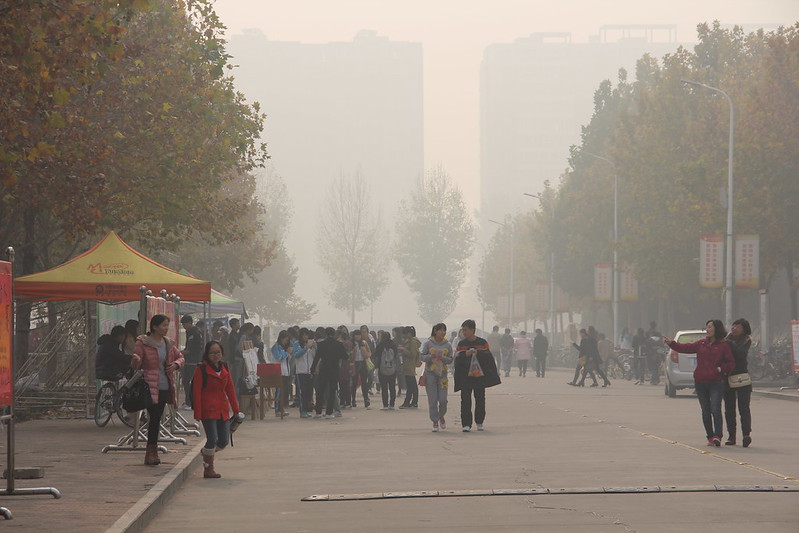A report has found that from 1990 to 2015, the carbon emissions of the richest 1% of the world were more than double those of the poorest 50%. The report shines a light on the climate inequality that exists between developed and developing countries and how developing countries are being disproportionately affected by the climate crisis.
—
The report, Confronting Carbon Inequality, is based on research conducted by Oxfam and the Stockholm Environment Institute and is released as world leaders prepare to meet at the UN General Assembly to discuss challenges including the climate crisis.
The report assesses the consumption emissions of different income groups during the 25-year period during which time the amount of carbon dioxide in the atmosphere doubled. Among other things, it found that the richest 10% accounted for 52% of the CO2 emissions. The richest 1% accounted for 15% of emissions-more than twice that of the poorest 50% of humanity- 7%. Additionally, the richest 1% increased its emissions by more than three times that of the poorest 50%. Finally, the team found that the richest 10% accounted for one-third of the carbon emissions that scientists estimate will cause the planet to warm more than 1.5 degrees Celsius, while the poorest half emitted just 4%.
The richest 10% are those with incomes above about USD$35 000 a year, while the richest 1% are those earning more than about $100 000.
You might also like: 13% of Deaths in EU Linked to Pollution- Study
Danny Sriskandarajah, Oxfam GB Chief Executive, says, “The over-consumption of a wealthy minority is fuelling the climate crisis and putting the planet in peril. No one is immune from the impact but the world’s poorest are paying the heaviest price despite contributing least emissions as they battle floods, famines and cyclones.”
He continues, “Carbon emissions risk rapidly rebounding as governments ease Covid-related lockdowns. If emissions do not keep falling year on year and carbon inequality is left unchecked, by 2030 the world could reach the tipping point of 1.5C warming. Carbon inequality is so stark the emissions of just the richest 10% would trigger catastrophic climate change by 2033 even if all other emissions were cut to zero.”
The report warns that overconsumption and the rich world’s propensity to use high-carbon transportation are exhausting the world’s carbon budget.
Tim Gore, head of policy, advocacy and research at Oxfam, says,“The global carbon budget has been squandered to expand the consumption of the already rich, rather than to improve humanity. A finite amount of carbon can be added to the atmosphere if we want to avoid the worst impacts of the climate crisis. We need to ensure that carbon is used for the best.”
Oxfam has called for an increase in wealth taxes and new carbon taxes on luxury items such as private jets, super yachts and SUVs, with the revenue from these to be invested in low-carbon jobs such as in the social care sector and in green public transport as well as to help poor communities around the world adapt to the changing climate.
Sriskandarajah said: “Extreme carbon inequality is a direct consequence of the decades-long pursuit by governments and businesses of grossly unequal and carbon intensive economic growth whatever the cost. As leaders make decisions about what a post-COVID recovery looks like, they should seize this opportunity to reshape our economy, encourage low carbon living and create a better future for all.
Featured image by: Flickr

















